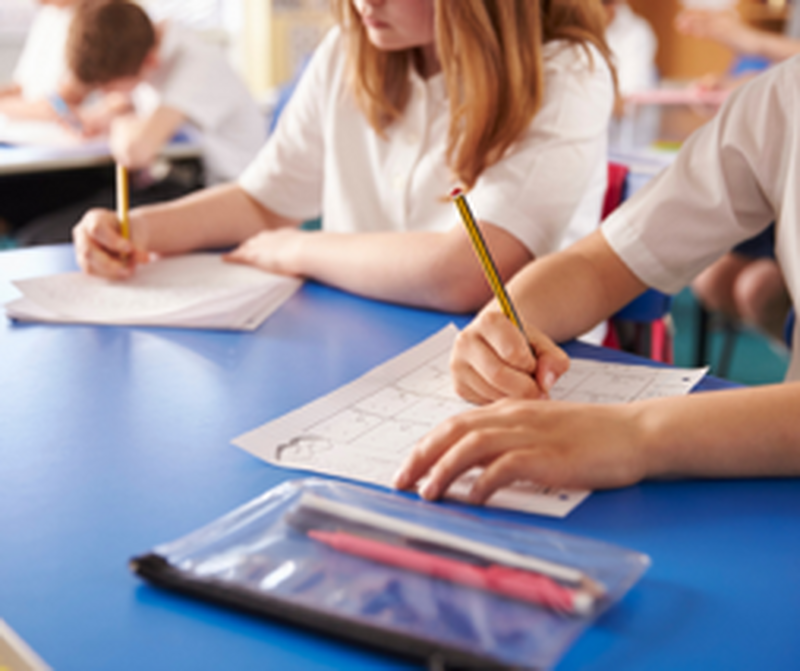THE impact Covid-19 had on Barnsley schools has been laid bare in a report which revealed both attendance and attainment have both failed to recover since the pandemic’s end.
When the pandemic hit in 2020, the education sector across the country took a huge hit - with children learning from home as schools were closed in a bid to reduce the virus spreading.
Since, the rate of pupils persistently missing school has increased significantly, with rates jumping from 16.1 per cent in the 2019 autumn term to 22.5 per cent last year.
The proportion of pupils missing at least half of classes has also risen significantly, with 2.4 per cent of children in Barnsley missing 50 per cent or more of their school sessions last autumn.
Attainment in Key Stage Two - or year six - has also worsened, with just 61 per cent of pupils reaching the expected standard in reading, writing and maths in 2022/23 by the time they reach high school - down from 66 per cent in 2018/19.
Boys perform worse than girls, with just 56 per cent hitting the expected standard.
Kiran Gill, from education charity The Difference, said: “The past four years, post-pandemic, have seen an alarming rise in children losing learning.
“We should all be worried about the social injustice that the most marginalised children - who already have the biggest barriers to opportunity outside of school - are those most likely to be not in classrooms through absence, suspension and exclusion.”
Nationally, suspension rates have also risen since the before pandemic - including in Barnsley, where 20.9 suspensions per 100 pupils were handed out in the 2022/23 academic year.
This was up from 14.2 per 100 in 2018/19.
A Barnsley Council report added: “Due to the impact of Covid during 2020 and 2021, all GCSE and A-Level examinations were cancelled, and outcomes for all pupils nationally were awarded based on teacher assessed grades.
“Pupils are making strong progress through the early years - by the end of the reception year, the proportion of pupils achieving a good level of development is above national figures.
“In the year one phonics screening check, the attainment of all pupil groups is better than national average, especially in relation to our disadvantaged pupils and those with SEND, going against the decline seen nationally Barnsley ranks in the top four per cent of all schools nationally.
“By the end of Key Stage One, outcomes remain above the national average in reading, writing and maths - by the end of Key Stage Two, the proportion of pupils achieving the expected standard in all three subjects (reading, writing and mathematics) are above national figures.
“Barnsley was disproportionately affected by the impact of the Covid pandemic and in partnership with the Barnsley Schools’ Alliance, we remain focused on improving education outcomes for all children and young people but particularly the most vulnerable.
“We will continue to work with school and academy leaders to deliver our sector-led education improvement strategy, which has proved effective in driving up standards in Barnsley schools and academies.
“A number of actions will be taken to improve attainment and other areas.”



























